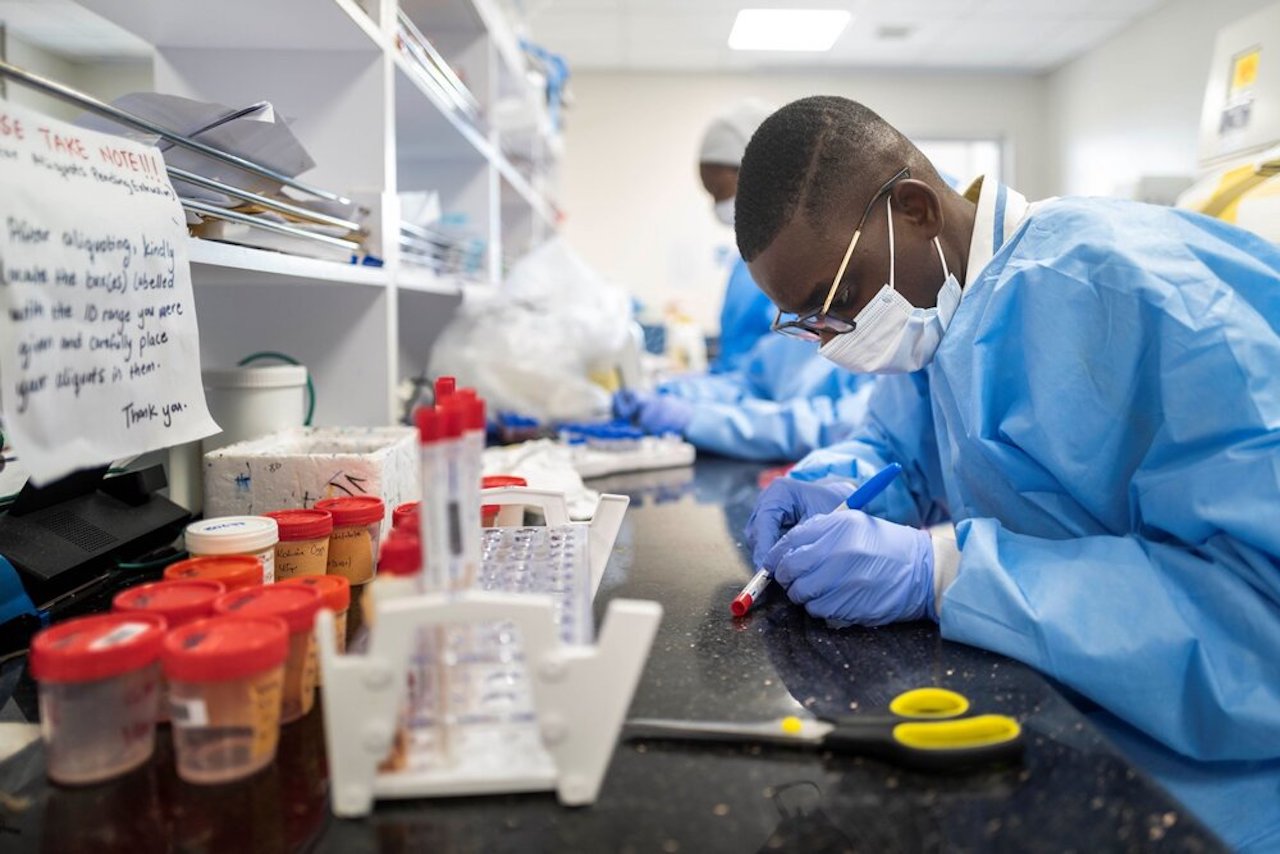By Ntombi Mhlongo
The launch of Africa’s first mRNA vaccine hub has been hailed as a historic shift to help poor countries gain access to life-saving jabs.
The facility was set up in the South African city of Cape Town in 2021 on the back of the success of revolutionary anti-Covid vaccines introduced by Pfizer/BioNTech and Moderna.
Speaking during a media briefing, World Health Organisation (WHO) Head Tedros Adhanom Ghebreyesus said, “This precious project will bring a paradigm shift in addressing the serious problem we faced, the equity problem, during the pandemic, so that it’s not repeated again”.
According to Africa News, also praising the initiative was South African Minister of Science and Innovation Blade Nzimande who said it had come at the right time when his country and the rest of the developing world were at the back of the queue when it came to access to life-saving Covid-19 vaccines.
Read More: 20 million malaria doses available for African countries
The hub has already established mRNA vaccine production at a laboratory scale and is currently scaling up and validating the production of Moderna jabs at a commercial scale. The vaccine can be kept at relatively warm temperatures, making it easier to store in low- and middle-income settings where extreme refrigeration can be hard.
The hubs other role is to act as a guide for manufacturers in poorer countries, helping them to gain the know-how to make mRNA vaccines in large quantities and in line with international standards.
The Covid-19 pandemic which erupted in early 2020 exposed Africa’s huge dependence on imported vaccines. Little more than 50 per cent of the continent’s 1.2 billion people are fully inoculated against coronavirus, according to the Africa Centers for Disease Control and Prevention (CDC).
Read More: Eswatini on par with EU countries on free education and healthcare
Vaccines using mRNA provoke an immune response by delivering genetic molecules containing the code for key parts of a pathogen in human cells.
The Covid-19 pandemic provided a crucial testbed for the fledgling technology, demonstrating how a safe and effective vaccine could be created at lightning speed compared with years of traditional vaccines.
Set up with WHO support, the Cape Town project is run by South African biopharmaceutical company Biovac, biotechnology firm Afrigen and the South African Medical Research Council.


